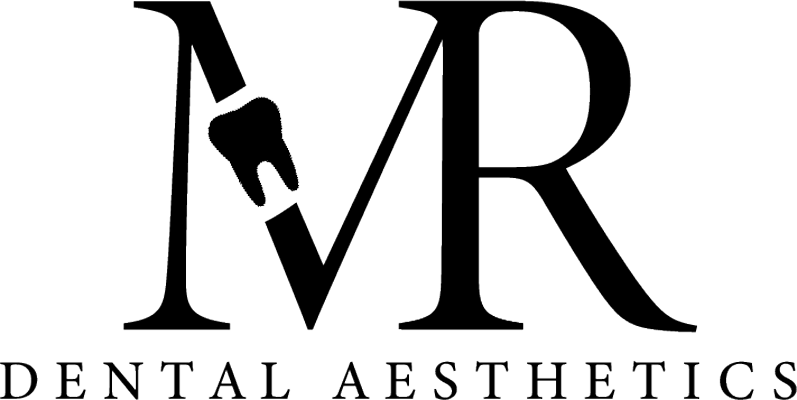Bruxism, or teeth grinding, is a prevalent oral health condition that can have severe symptoms. Chronically grinding your teeth can lead to issues like damaged enamel, headaches, and jaw tightness. Luckily, bruxism is treatable with the help of a good dentist. Here’s everything you need to know about teeth grinding, including causes, symptoms, and ways to treat it.
What is Bruxism (Teeth Grinding)?
Bruxism is a condition involving regular grinding and clenching of the teeth and jaw. While many people grind their teeth occasionally, bruxism patients do it regularly, which can damage the mouth and jaw.
It’s not uncommon to clench and grind your teeth at night while sleeping, known as nocturnal bruxism. However, it can also happen during the day, called diurnal bruxism. It’s possible to experience both symptoms during the day and night, but it is rare. This is because different factors often cause diurnal and nocturnal bruxism.
This is a widespread condition. 13% of adults suffer from nocturnal bruxism, while a total of 30% of people grind their teeth in some way.
Most bruxism happens subconsciously, which means that patients grind their teeth unintentionally as a response to internal or external stimuli. If this occurs at night, you may not even realize you have bruxism until secondary symptoms emerge.
Types of Bruxism
Understanding which type of bruxism you have is critical to addressing the underlying causes of this condition and finding the proper treatment. The different types of bruxism include:
- Nocturnal bruxism: This is when the patient grinds or clenches their teeth at night. Many nocturnal bruxism patients do not realize they have this condition.
- Diurnal bruxism: This is when the patient grinds their teeth while awake. It often happens subconsciously as a result of stress.
- Children’s bruxism: Some children may develop bruxism as they adjust to a new change, like a new sibling or when adult teeth emerge. Most kids will outgrow it as they get older. However, treatment is still essential, as it can cause oral health issues if not appropriately addressed.
- Primary bruxism: Primary bruxism happens independently and isn’t triggered by another medical condition.
- Secondary bruxism: This occurs as a symptom of another medical condition, such as cerebral palsy, epilepsy, or Parkinson’s disease. It can also happen as a side effect of certain medications.
Is Bruxism Hereditary?
Studies have found that bruxism may be at least partly hereditary, especially for tooth grinding while asleep.
That means that if your family members struggle with bruxism, there’s a chance that you will, too. However, not everyone with this condition will inherit it from their genetics. Alternatively, just because someone in your family has bruxism does not necessarily mean that you will have it as well.
How Do I Know If I Grind My Teeth?
One of the biggest challenges of teeth grinding is that you might not realize that you do it, which makes it difficult to seek treatment. Here are some of the signs and symptoms of teeth grinding to monitor:
- Worn-down tooth enamel: As you grind your teeth, the enamel can slowly start to come off, which causes increased sensitivity and bruxism tooth pain.
- Difficulty opening and closing your mouth: Bruxism creates tension in the jaw muscles. That can make it difficult or painful to open and close your mouth.
- Ongoing dull headache: Bruxism puts extra stress on the muscles in your head and neck, which can cause chronic headaches. These teeth-grinding headaches typically start from the temples and are most painful in the morning.
- Pain in the jaw, face, and mouth: Bruxism can also cause dull and sharp pains throughout the jaw, face, and mouth due to increased tension.
- Earaches and tinnitus: Bruxism patients often experience painful earaches and may even experience tinnitus, characterized by ringing in the ears. These symptoms are often misattributed to ear issues but are actually due to increased jaw tension.
- Chipped or loose teeth: Over time, bruxism can put so much pressure on the teeth that they break or come loose.
- Chewing the inside of your mouth: Many bruxism patients will chew the inside of their mouth regularly, which can cause damage to the skin.
- Loud grinding noises at night: If you sleep with a partner, they might notice loud grinding or gnashing noises while you sleep.
Causes of Teeth Grinding
There are a variety of factors that can cause people to grind their teeth. Here are some of the most common causes of bruxism.
- Stress and anxiety: Stress and anxiety are some of the most common causes of bruxism. These factors can cause both types of this condition but are a more common cause of daytime teeth grinding. Some people also subconsciously grind their teeth as a coping mechanism when concentrating or feeling frustrated.
- Family history: Bruxism is often hereditary, so if your family members have bruxism, you could develop it as well.
- Substance use: Smoking or using recreational drugs can contribute to bruxism. Those who consume high levels of alcohol or caffeine are also at risk for this condition.
- Sleep apnea: Many people who have nocturnal bruxism also struggle with sleep apnea, although it’s unclear if one condition causes the other.
- Medications: Taking certain medications, such as SSRIs, can increase your risk of developing bruxism. If this is the case for you, you’ll need to work with your doctor to find alternative medications.
- Other chronic health conditions: There are many chronic health conditions associated with bruxism, including ADHD, cerebral palsy, Parkinson’s disease, epilepsy, dementia, GERD, and more.
Long-Term Effects of Bruxism
If you don’t treat your bruxism, it could lead to serious long-term health consequences. These include:
- Lost or damaged teeth: The stress of bruxism could cause you to chip or even lose your teeth. You may need dental implants or crowns to correct the problem if this happens.
- TMJ disorder: Temporomandibular joint disorder is a condition that can cause intense jaw pain and limit the mobility of your jaw.
- Cavities: Bruxism can grind down the enamel on your teeth. Without this protective layer, your teeth will be more susceptible to cavities and other structural problems. Worn-down enamel can also make eating very hot or freezing foods difficult.
- Gum damage: An often-overlooked symptom of teeth grinding is damage to your gums. Grinding your teeth puts excess pressure on your gums, which can cause them to shift and your teeth to loosen. If gum irritation isn’t treated quickly, it can turn into periodontal disease. Periodontal disease can then contribute to a variety of other chronic health conditions as bacteria pass from the gums into the bloodstream.
- Severe pain in the head, face, neck, and jaw: Untreated bruxism can cause intense muscular pain and tension throughout the head, face, neck, and jaw. This pain can be very distracting and potentially interfere with your daily routine.
When To See a Dentist About Teeth Grinding
Mild bruxism can often be treated at home. However, more severe cases of teeth grinding can require professional help.
If bruxism-related pain and discomfort start interfering with any aspect of your daily life, it’s time to see a dentist. It’s also very important to seek treatment if you notice wear and tear on your tooth enamel or your gums.
Diagnosis and Tests
To diagnose bruxism, your dentist will look for common signs of teeth grinding, such as flattened teeth or tension and sensitivity in the jaw. They will also ask you questions about your bruxism symptoms and any patterns you’ve noticed. In some cases of nocturnal teeth grinding, you may need to complete a sleep study.
Management
There are many at-home strategies and treatments you can use to keep bruxism under control. Since it is often caused by stress, it’s vital to focus on managing both physical and mental stress and taking time to relax. You should also avoid using substances or medications that could exacerbate bruxism.
Using a mouthguard can also help prevent your teeth grinding from getting worse. You can find over-the-counter mouthguards for bruxism, or your dentist can provide a custom one tailored to your teeth.
Intervention
In severe cases, teeth grinding may require more invasive professional treatment. For example, if you have worn down the enamel on your teeth, you may require crowns to restore the appearance and structure of your smile. You may also need implants to correct damage from grinding teeth in severe cases.
To prevent bruxism, your dentist may also prescribe a muscle relaxer before bed, making it more difficult to grind your teeth. Botox injections may also help reduce jaw tension in more severe cases of bruxism.
Take Control of Your Oral Health at MR Dental Aesthetics
If you struggle with teeth clenching and grinding, MR Dental Aesthetics can help you stay healthy and maintain your smile. Dr. Rashti is a Beverly Hills cosmetic dentist with a focus on health and wellness. She focuses on creating a comfortable experience for patients, especially those who fear the dentist. Dr. Rashti works with one patient at a time and always treats patients with the utmost respect and privacy.
MR Dental Aesthetics is also the leading TMJ specialist in Beverly Hills and offers dental implants for patients with bruxism. Contact us today to schedule an appointment or learn more about bruxism treatment options.

